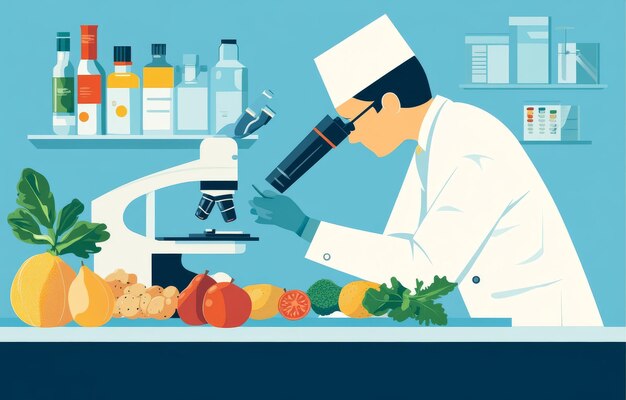How to Become a Food Scientist: Essential Degrees and Certifications
Embarking on a career as a food scientist is an exciting journey into the world where science meets culinary innovation. To achieve this, prospective food scientists should focus on obtaining the necessary educational credentials. Typically, a bachelor’s degree in food science, chemistry, biology, or a closely related field is required to get started. These programs provide foundational knowledge in food chemistry, microbiology, nutrition, and food processing. For those seeking to specialize or advance further, a master’s degree or Ph.D. in food science can enhance expertise and open doors to research and leadership roles in the industry.
On top of formal degrees, certifications and licenses can significantly bolster a food scientist's profile. The Institute of Food Technologists (IFT) offers the Certified Food Scientist (CFS) credential, which is recognized globally and demonstrates professional competence in the field. Additionally, specialized training in areas such as food safety or regulatory affairs can be advantageous for specific career paths. Aspiring food scientists should consider these educational paths as crucial stepping stones in a dynamic and rewarding field.
Pathways to Becoming a Food Scientist:
- 🎓 Bachelor’s Degree in Food Science, Chemistry, or Biology
- 🎓 Master’s Degree or Ph.D. in Food Science (optional but beneficial)
- 📜 Certified Food Scientist (CFS) Credential by IFT
- 🛡️ Specialized Certifications in Food Safety or Regulatory Affairs
